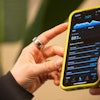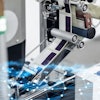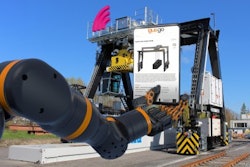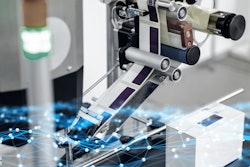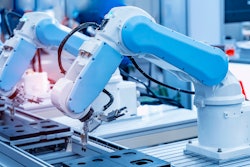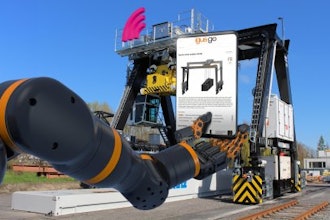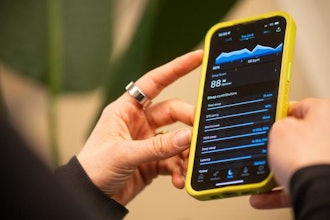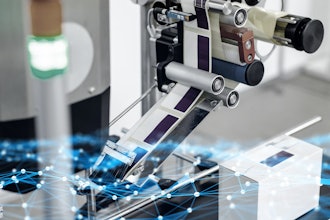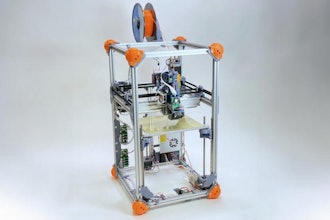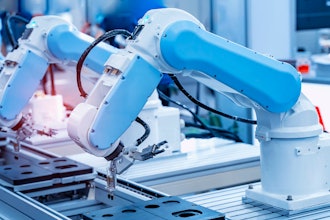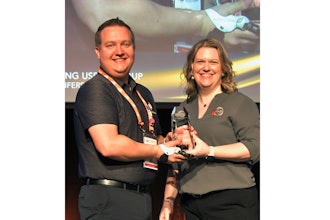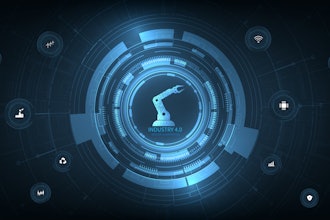Many Americans are connecting to the Internet of Things (IoT), whether it be through smart TVs, connected thermostats, or fitness trackers. Although many of these smart devices are designed to simplify our lives, there are also data security risks associated with them.
According to Consumer Reports, “manufacturers of Internet-connected devices should tell consumers in easy-to-understand language about the types of information being collected by those devices and how that information could potentially be shared, sold, and used.”
The magazine also believes that device manufacturers should provide consumers with the option to control the collection and use of data. While smart devices can enhance our lives, they also can send personal data to corporate servers where it is saved and shared.
To assist those who are clueless as to what data their smart devices may be sharing, Consumer Reports has detailed six common smart household items, and what users need to know about them in its June 2015 issue.
1. Baby Monitor
Today, it appears that more and more parents are monitoring their infants via smartphones using “fully networked, motion-sensing, HD video-streaming systems with built in speakers.” Although the thought of having constant access to one’s child is comforting, it has also turned into a nightmare for some parents.
In fact, last January a nanny in Houston heard a voice coming from a two-way baby monitor made by Foscam. The voice said, “That’s a really poopy diaper,” and then told her to password-protect the camera. Similar reports have taken place at other homes across the globe.
According to Consumer Reports, “Parents need strong passwords on their home network and on the baby monitor itself to keep the feeds secure.”
2. Blood Glucose Meter
Many diabetics manage their condition with the assistance of blood glucose tests. Some connected meters (e.g. One Touch Verio Sync) can actually send the test results directly to a smartphone app or even to a doctor. According to the magazine, the meters can store hundreds of gathered results.
Thankfully, when the devices are used at a hospital or doctor’s office, the information they create is protected by the Health Insurance Portability and Accountability Act (HIPAA). However, as soon as a patient leaves the medical setting, HIPAA no longer protects the patient’s data.
Although OneTouch claims it encrypts personally identifiable data and health data it sends from the meter, not all health apps do.
3. Thermostat
Connected thermostats are capable of sensing when people are home and can learn a family’s ideal temperature settings. Family members are then able to use their smartphones to make temperature changes remotely.
According to Consumer Reports, “The Honeywell Lyric employs geofencing – it tracks whether homeowners’ phones are nearby – and the Nest programs itself by observing when users are home or away.”
If you are nervous about having a smart thermostat that relies upon tracking you when you leave your home, this may not be the product for you.
4. Coffeemaker
Some people rely upon coffee to give them the energy they need to start their day. Although coffee is a rather simple drink to create, smart coffeemakers (e.g. Mr. Coffee Smart Optimal Brew) exist to make the process even simpler by telling users when their coffee is ready, providing reminders of when to set up the machine before bedtime, and even by letting users change the brewing delay while out of the house.
A person’s coffee brewing activity may not be of tremendous importance, yet when a user interacts with his or her coffeemaker via an app, the coffee brewing activity could become the property of the coffeemaker company and the app developer.
5. Activity Trackers
At present, the fitness tracker market is continuing to expand, with manufacturers like Fitbit and Jawbone coming out with new models yearly. Standard trackers record the amount of steps you take each day, but advanced devices can track how far you swim, how well you slept, and the rhythm of your heartbeat.
The devices are beneficial for those trying to stay fit, yet users should be wary that the data transmitted from the activity trackers may be sent unencrypted to its associated smartphone app. According to the magazine, a burglar could potentially track your GPS data, and sneak into your home when you leave for your daily 7 p.m. run.
6. Door Lock
Many children grow up with the knowledge that a spare key is hidden under the family welcome mat. In order to end this unwise tradition, “new connected locks allow the user to provide one-time, short-term, or scheduled access to a home.”
Some connected locks even provide the user with the option to unlock his or her door remotely through a home Wi-Fi network. This method of door unlocking could be beneficial when one’s children get locked out of the house, yet some security researchers have actually hacked into connected locks.
All of the devices listed above were designed to simplify our lives, yet that does not mean we should blindly use them. According to Consumer Reports, remember to password-protect anything that collects personal information and always read the privacy policy. Additionally, find the “off” toggle in the settings menu on your smart device, don’t leave your connected devices on when you’re not using them, install security updates, and take it offline to avoid hacking.

